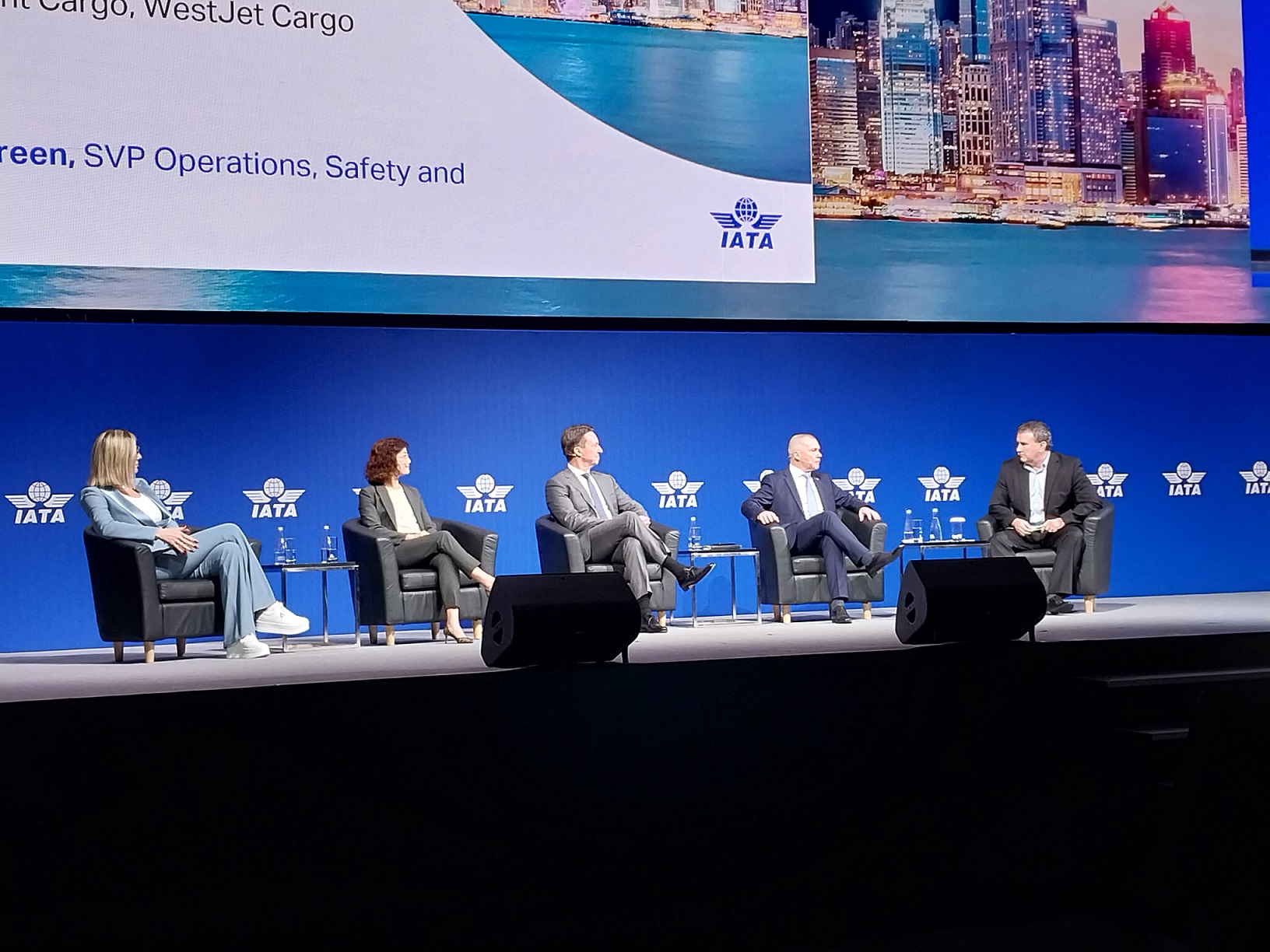Accelerating the “glacial” pace of change in air cargo
12 / 03 / 2024

Source: Air Cargo News
Air cargo needs to move from talk to action if it is to speed up its “glacial pace” of change, according to speakers on an executive round table discussion at the IATA World Cargo Symposium.
During the event’s opening plenary, IATA senior vice president operations, safety and security Nick Careen said that there was a perception that change in air cargo happened at a glacial pace and questioned how the industry can move faster.
WestJet executive vice president of cargo Kirsten de Bruijn said that it was key that air cargo had to “do what we say”.
“I feel that we have a lot of plans and discussions, not only within the airlines but specifically with freight forwarders and shippers, and often we are not aligned with the speed of implementation or with what the focus is to begin with.
“I think it is important that we have alignment throughout the supply chain rather than just airlines. This is crucial to get things done otherwise we will still be talking about what we want to do in the future.”
Chief executive of Jardine Aviation Services Vivien Lau added that another reason for slow progress was that the industry is made up of many stakeholders that all have their own input into developments.
She said regulators therefore had an important role to play in helping to move the industry forward faster.
Atlas Air Worldwide chief executive Michael Steen also said the number of stakeholders in air cargo made the industry complex and fragmented.
“It is difficult to implement broad-based agreements and platforms and processes,” he said. “So we need to recognise that, but also we should remember we have come a long way.
“We have to look at the industry like we are running a company. We have to set up objectives for what we want to reach and we have to live by those objectives.
“I don’t think we have been stellar at that on the cargo side but we can get better. I also can’t underscore enough the role that law makers around the world play as well, especially for sustainability.
“We need to get more dialogue between industry and law makers to ensure we have harmonised processes.”
IATA director general Willie Walsh also agreed that the number of stakeholders in air cargo did limit the pace of change.
But he added that “slow progress was better than no progress” and that digital developments could accelerate the pace of change.
“Everyone is fascinated by what is going to happen with artificial intelligence (AI) and how it will impact our business. I think AI is going to impact the cargo business and we should all expect to see an acceleration in the pace of change [as a result].”














